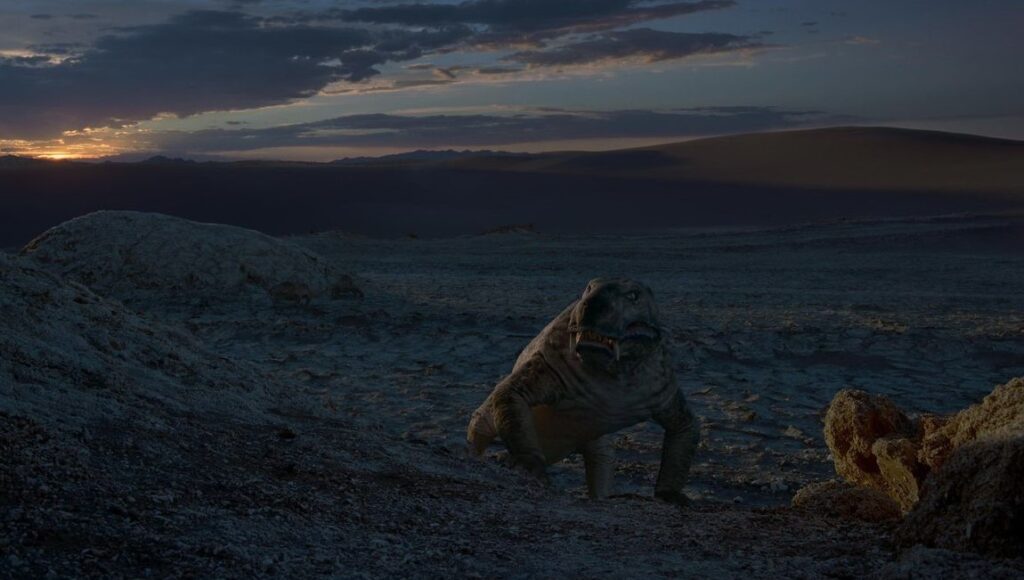Voyage of Time: Life’s Journey, was always going to be a thing of beauty. In fact, the only visual surprise is just how seamlessly the dazzling CGI blends with Paul Atkins’s nature photography. What is surprising, then, and perhaps a source of the mild backlash the film has received, is that Voyage largely operates as a minor work for Malick, a strangely digestible calcification of themes he’s more abstrusely played with elsewhere. A literal take on his existentialist proclivities, Voyage is a film that does not require the viewer to be dialed into Malick’s particular wavelength to absorb it, let alone enjoy it (though a certain familiarity doesn’t hurt). The joke, I suppose, is that Voyage proves to be his most narrative film in some time, telling a straightforward visual story even as Cate Blanchett’s oblique voiceover does its best to muddy the waters.
With this year’s Knight of Cups, Malick ventured dangerously, tangibly close to self-parody, his late-career tics of swooping aerial shots and prayerful narration beginning to feel like crutches. Voyage proves itself devoid of this self-indulgence, and instead executes a more intimate exploration of Malick’s worldview — an invitation rather than a baptism. And while, as was the case with Cups, it may be tempting for the viewer to engage on a wholly visceral level here, muting the bloated poetics, that would be to miss the instances of soulful clarity that crop up throughout. When Blanchett muses, “Mother, what do I love when I love you?” it’s tough to not feel moved by the eternal, searching, and deeply human questions Malick is asking in this years-in-the-making origin story of the universe, and across the breadth of his career.
Published as part of Toronto International Film Festival 2016 | Dispatch 2.


Comments are closed.